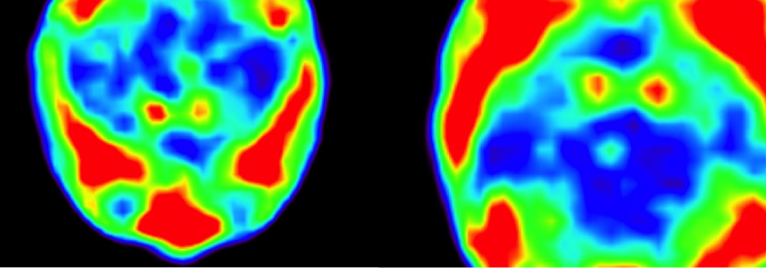B06
Neuronal connectivity and network functions are important for the understanding of multiple sclerosis and its animal models – particularly ion channels play a key role. We established a combination of electrophysical and behavioural techniques to characterize neuronal properties in multiple sclerosis (MS) disease models in vitro and in vivo. We identified a transient period of increased excitability in the thalamocortical neuronal network in the course of inflammatory and demyelinating events. Preliminary data point to specific K+ channels, cytokines and components of the kallikrein-kinin system (KKS) as modulators of neuronal hyperexcitability in animal models of MS. In this funding period, we aim to investigate how the KKS influences MS pathophysiology and to identify the underlying cellular and neuronal network effects. In addition, we aim to establish components of the KKS as possible human biomarkers for different forms of MS and effector channels of KKS signaling as new potential therapeutic targets. Our central questions are::
-
- Can kininogen and KLKs influence MS pathophysiology and what are their cellular and neuronal network effect?
- Are serum kininogen levels influenced by neuronal network functions?
- Kininogen depositions are found in active MS lesions in close contact to neurons. Are these depositions influencing their function and thus modify the course of disease?
Principal Investigators:
Prof. Dr. rer. nat. Thomas Budde
Institut für Physiologie I
Münster
tbudde@uni-muenster.de
Dr. med. Kerstin Göbel
Klinik für Neurologie mit Institut für Translationale Neurologie
Münster
kerstin.goebel@ukmuenster.de
Univ.-Prof. Dr. med. Dr. rer. nat. Dr. h.c. Sven Meuth
Klinik für Neurologie
Düsseldorf
sven.meuth@med.uni-duesseldorf.de


















